 |
|||
 |
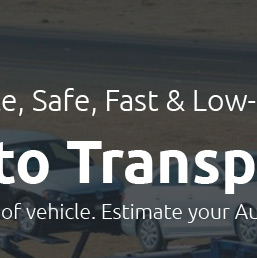 |
 |
|---|---|---|
 |
 |
|
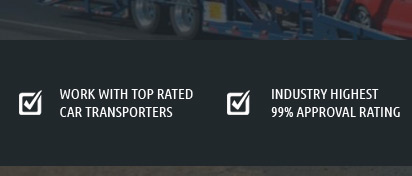 |
 |
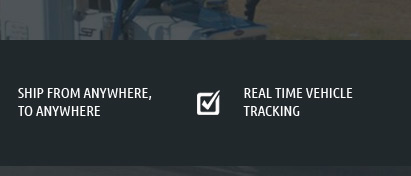 |
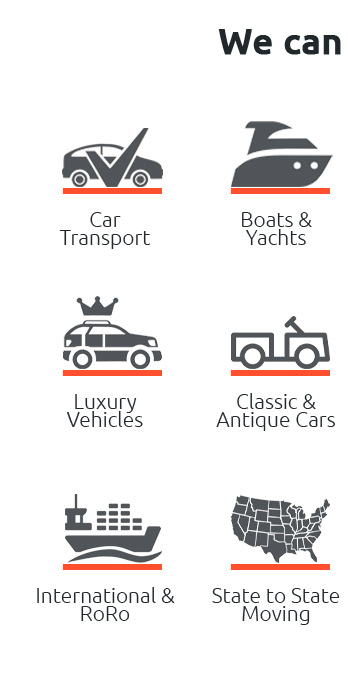 |
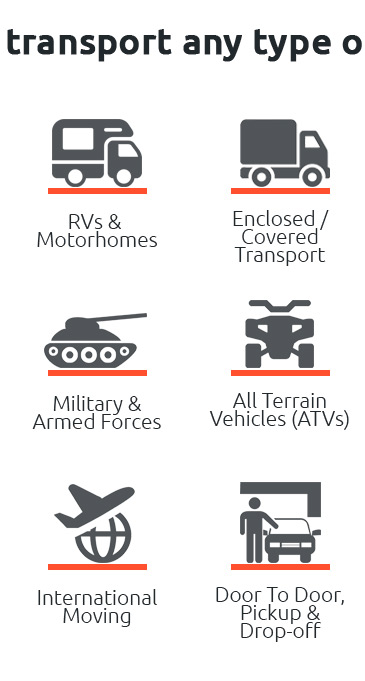 |
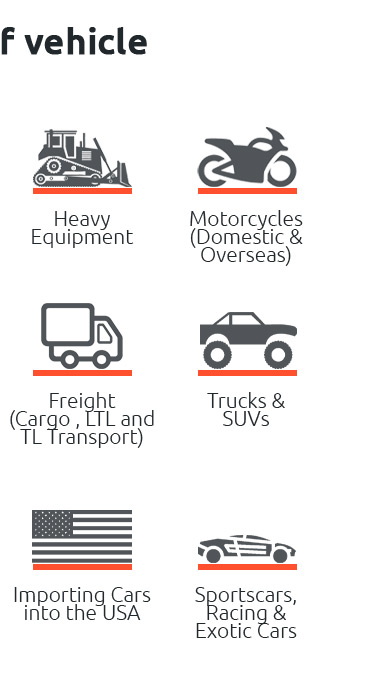 |
|---|
 |
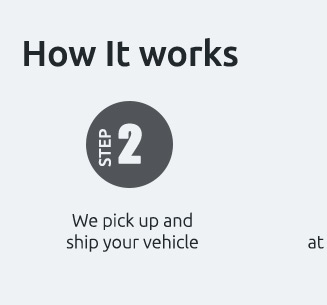 |
 |
|---|---|---|
 |
||
 |
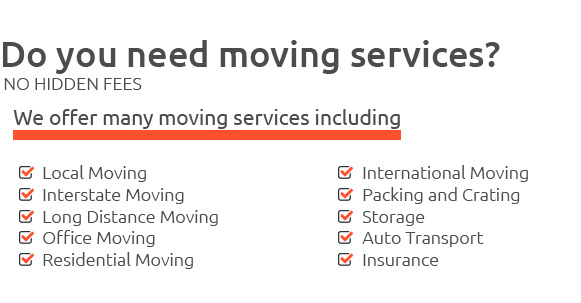 |
|---|---|
equipment transport companies and the routes that make them workWhat these specialists doEquipment transport companies move heavy, oversized, or sensitive machinery between job sites, factories, and ports. They coordinate permits, pilot cars, and specialized trailers, then sync schedules with cranes, crews, and customers. Beyond trucking, they handle crating, rigging, and export docs for global links. The best providers blend engineering know‑how with practical, on‑the‑ground judgment, matching route constraints to axle loads while keeping budgets tight and downtime low. Choosing a reliable partnerSelecting a carrier is less about the paint on the tractors and more about proof: route surveys, insurance limits, and a safety record you can verify. Ask how they stage on-site, whether they offer night moves, and who owns the liability at each handoff. A seasoned dispatcher will speak plainly about risk, propose alternates, and write it into the plan, using clear communication and realistic timelines instead of vague promises.
With the right partner, heavy moves feel routine, not risky.
|
|---|